How to Avoid and Manage Dreaded Head Lice
- posted: Mar. 01, 2017
 Two words parents dread hearing--head lice. Head lice are parasites that can be found on the heads of people, most common among preschool and elementary children. Each year millions of school-aged children in the U.S. get head lice. Though it may be a nuisance, the good news is that lice will not cause medical harm and in most cases can be effectively treated at home.
Two words parents dread hearing--head lice. Head lice are parasites that can be found on the heads of people, most common among preschool and elementary children. Each year millions of school-aged children in the U.S. get head lice. Though it may be a nuisance, the good news is that lice will not cause medical harm and in most cases can be effectively treated at home.
Lice are highly contagious and can spread quickly from person to person, especially in group settings, such as schools, sporting events and slumber parties. Head lice spread mainly by direct head-to-head contact with a person who already has head lice, but it can also be transferred indirectly when kids share combs, brushes, pillows or hats. Because children play closely together and often in large groups, all children can potentially be affected, and poor personal hygiene is not a significant risk factor for getting head lice. In other words, if your child is exposed to someone with head lice, they have a pretty good chance of bringing it home as well.
Does your child have lice?
The most obvious sign of head lice is an itchy scalp. If you notice your child scratching behind their ears or at the back of his neck, examine the child’s head for signs of lice. Lice are very small, but it is possible to detect them with the naked eye. Combing through the child’s hair with a fine-toothed comb can help reveal any eggs. If you are unsure, visit your pediatrician. An itchy scalp may also be caused by an allergy, eczema or dandruff.
Don’t Panic—Head Lice is Very Treatable
If your child has head lice, take action immediately once you’ve made the diagnosis as lice can spread easily from one person to another, putting other members of your household at risk. The most common treatment is an over-the-counter or prescription cream, lotion or shampoo. You apply it to the skin or scalp to kill the lice and eggs. In many cases, two treatments are necessary. If after two treatments you believe your child may still have head lice, contact your pediatrician. Your child’s doctor can recommend a different form of treatment.
You may be tempted to throw away bedding, clothing or other items in your household, but a simple wash will do the trick. Toss your child’s bed sheets, clothes, hats and other belongings in the washing machine in hot water, and dry on high heat to kill any remaining lice. Other members of your household should also be checked for lice.
To prevent kids from getting lice or becoming re-infested, tell kids not to share combs, brushes, hats or other personal items with anyone else. To prevent head lice, examine your child’s scalp regularly, especially during the school year, to detect lice early.
Remember, lice are very preventable and treatable. Be patient and follow the treatments and prevention tips as directed by your child’s pediatrician for keeping lice at bay and your household bug-free.
Pediatric Group Associates
1625 Avenue Of The Cities,
Moline, IL 61265
Our Sick Clinic is currently open 8 am to 10:45 am Monday through Friday (this is NOT a walk-in clinic).
We recommend using our self-scheduling link , appointment request link, or calling us before arriving at the office to reserve your time slot.
The sick clinic is for acute problems like rashes, insect bites, poison ivy, sunburn and ear pain. We continue to take additional precautions to ensure the safety and health of our patients and staff through the use of our mobile registration and gathering information in advance of your appointment.
Thank you for your continued patience and support as we strive to meet the ongoing needs of our community in the safest possible manner.
Our Moline office is open from 8 am to 1 pm and 2 pm to 5 pm Monday through Friday. We have limited Saturday availability for acute sick symptoms only through our Facebook self-scheduling link which will be posted each Friday evening by 7 pm CST. We do not have regular office hours on Sunday, however there is a provider on-call in case of emergencies.

